Item No.DLM-9556-C
Glycolithocholic acid (2,2,4,4-D₄, 98%) 100 µg/mL in methanol

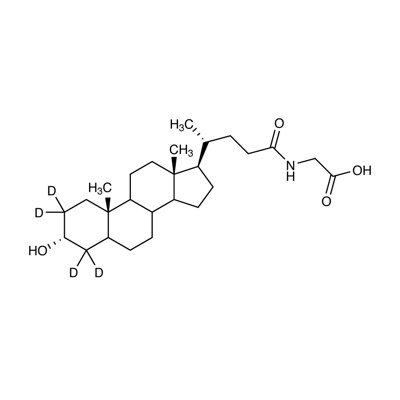
Synonyms
FormulaC26H39D4NO4
CAS Number Labeled2044276-16-4
CAS Number Unlabeled474-74-8
EC Number
This item requires an export license when the destination country is CN (+Hong Kong),BY, IR, IL, LB, MO, PK, RU VE.
| Item no. | Package size | Availability | List Price (USD) | Your Price (USD) | ||
|---|---|---|---|---|---|---|
| DLM-9556-C | 1 mL | Low stock, delivery determined at time of order. | $224 | Your Price (USD) $224 |
Properties
Molecular Weight437.65
Chemical Purity98%
FormIndividual
ConcentrationSolution
Application(s)Clinical MS, Metabolism, Metabolomics
Storage TempStore in freezer (-20°C). Protect from light.
Product Description
Glycolithocholic acid (GLCA) is a conjugated, secondary bile acid that is involved in various metabolic processes and signaling interactions. The D4 GLCA standard can be used in investigations of bile acid synthesis/metabolism, disease linkage, and biomarker assessment.
Application Descriptions
Safety Information
Hazard Pictograms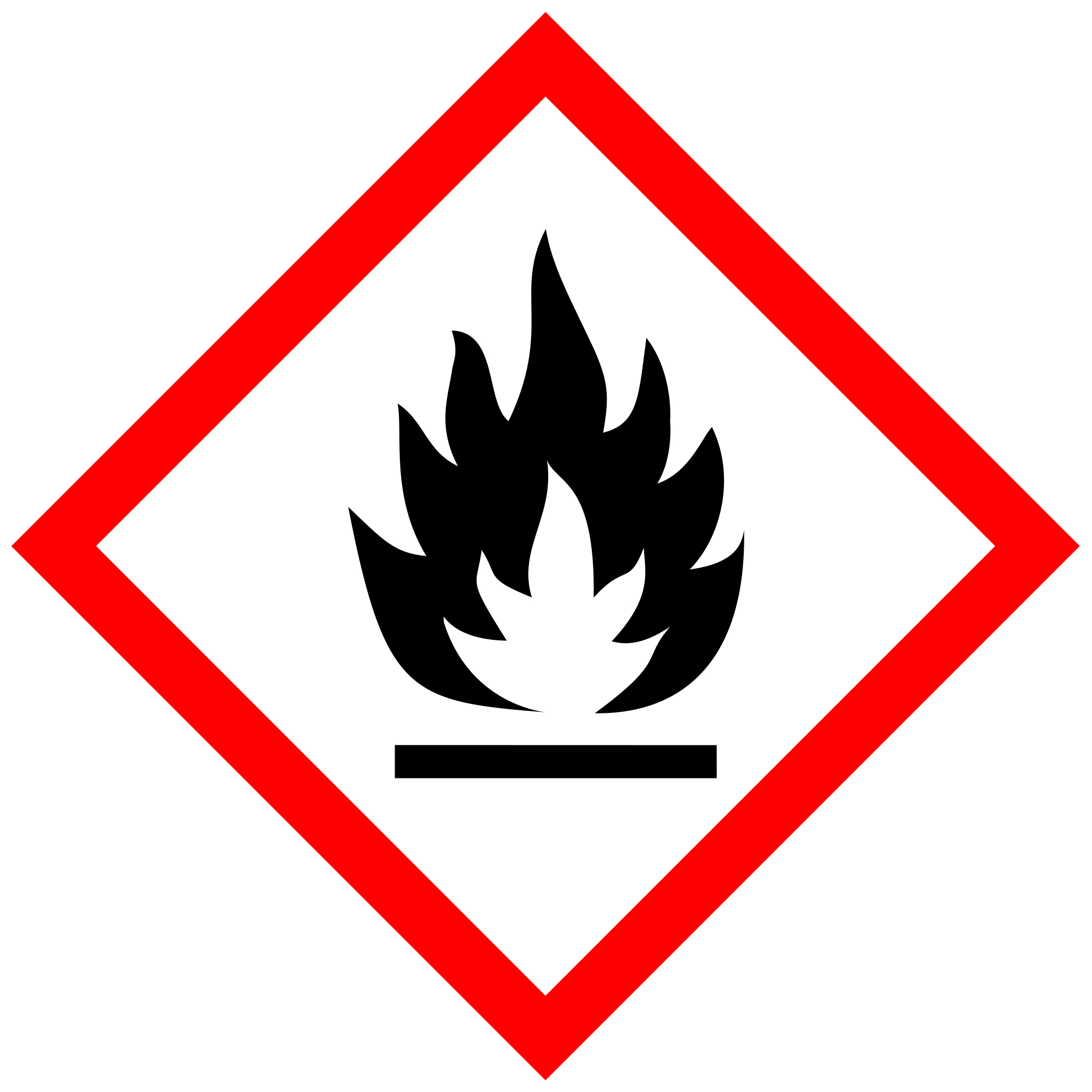
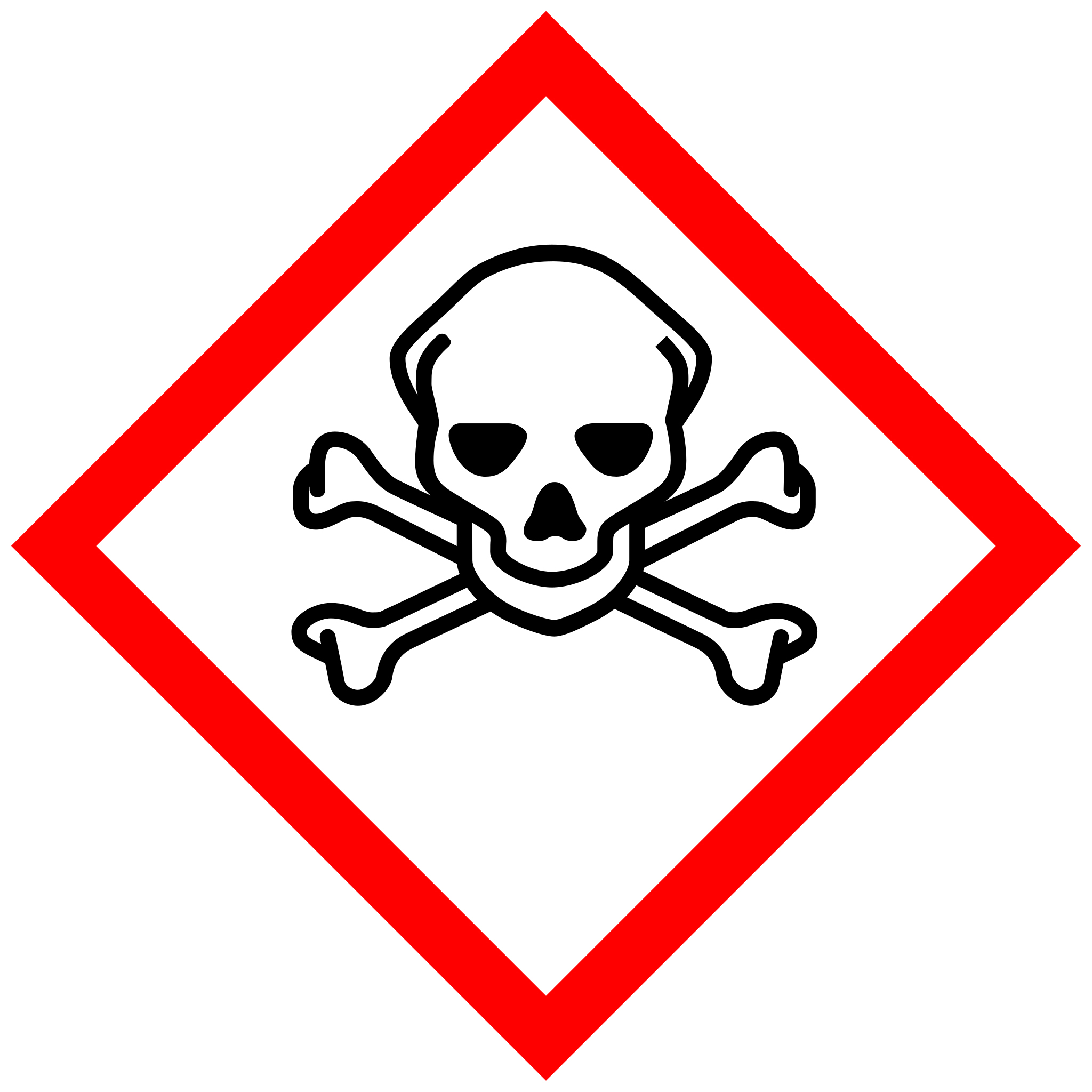
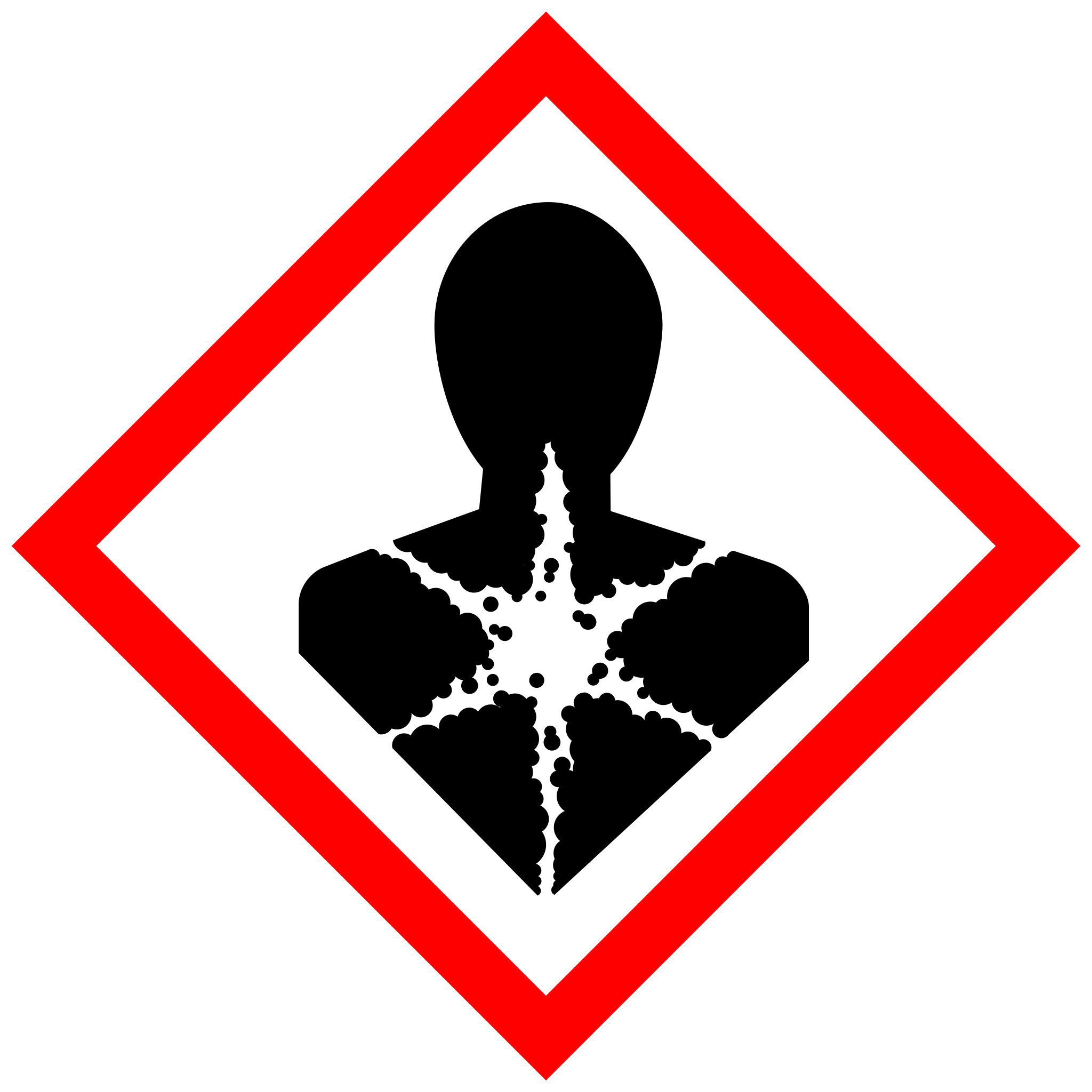



Signal WordDanger
Hazard StatementHighly flammable liquid and vapour., Toxic if swallowed, in contact with skin or if inhaled, Causes skin irritation., Causes serious eye irritation., Causes damage to organs (eyes, kidneys, liver, heart, central nervous system) (Dermal, Inhalation, oral).
Reviews (0)
There are no reviews yet.
Item No.DLM-9556-C
Glycolithocholic acid (2,2,4,4-D₄, 98%) 100 µg/mL in methanol


This item requires an export license
when the destination country is
CN (+Hong Kong),BY, IR, IL, LB, MO, PK, RU VE.
Synonyms
FormulaC26H39D4NO4
CAS Number Labeled2044276-16-4
CAS Number Unlabeled474-74-8
EC Number
This item requires an export license
when the destination country is
CN (+Hong Kong),BY, IR, IL, LB, MO, PK, RU VE.
| Item no. | Package size | Availability | List Price (USD) | Your Price (USD) | ||
|---|---|---|---|---|---|---|
| DLM-9556-C | 1 mL | Low stock, delivery determined at time of order. | $224 | Your Price (USD) $224 |
Properties
Molecular Weight437.65
Chemical Purity98%
FormIndividual
ConcentrationSolution
Application(s)Clinical MS, Metabolism, Metabolomics
Storage TempStore in freezer (-20°C). Protect from light.
Product Description
Glycolithocholic acid (GLCA) is a conjugated, secondary bile acid that is involved in various metabolic processes and signaling interactions. The D4 GLCA standard can be used in investigations of bile acid synthesis/metabolism, disease linkage, and biomarker assessment.
Application Descriptions
Safety Information
Hazard Pictograms





Signal WordDanger
Hazard StatementHighly flammable liquid and vapour., Toxic if swallowed, in contact with skin or if inhaled, Causes skin irritation., Causes serious eye irritation., Causes damage to organs (eyes, kidneys, liver, heart, central nervous system) (Dermal, Inhalation, oral).
Reviews (0)
There are no reviews yet.
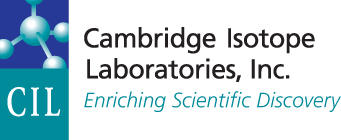

 Deutsch (Deutschland)
Deutsch (Deutschland) Español (España)
Español (España) Français (France)
Français (France) 中文(中国)
中文(中国)